(QBĐT) - In the strong development of e-commerce, online travel booking is quite popular because of its convenience and efficiency. Besides the outstanding advantages, attracting the choice of many customers, recently there have been cases of fraud with sophisticated methods that have trapped many people.
Preparing for the weekend, Ms. Nguyen Thi H. in Nam Ly Ward (Dong Hoi City) chose Da Nang City as her destination. Like many other trips, she searched for hotels online and texted to book a room. After finding a satisfactory hotel on Vo Nguyen Giap Street, Ms. H. sent her booking information via fanpage message. A few minutes later, she received a phone call from number 0583489999 claiming to be a hotel employee exchanging booking information and requesting a deposit transfer.
Because she had booked online many times, Ms. H. did not suspect anything and transferred more than 2 million VND to account number 6116228686, VPBank as instructed. However, after completing the transfer, the staff informed her that the booking on the system was not successful and asked her to transfer money a second time according to the correct booking syntax, the accountant would refund the amount of money transferred incorrectly before.
Although she was not satisfied with the fact that the staff intentionally did not discuss the transfer information, causing inconvenience to the customer, after being urged to keep the room, Ms. H. still reluctantly transferred the money a second time for an amount of more than 2 million VND.
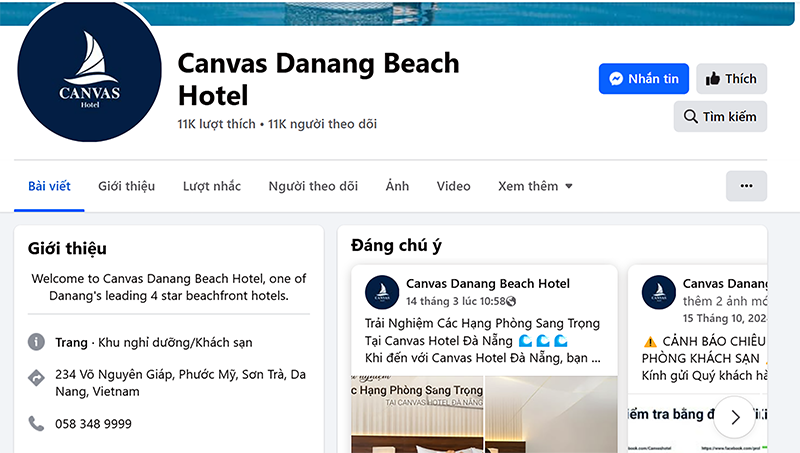 |
Notably, after completing both transfers with a total amount of more than 4 million VND, Ms. H. still did not receive confirmation from the hotel that her booking was successful. At this time, she requested to cancel the room and get a refund, but the staff apologized and instructed her to click on the link to open a business account to get a refund. At this point, Ms. H. understood that she had fallen into a scam and the amount of more than 4 million VND "disappeared". If she continued to follow the "instructions", the consequences would be even more serious. Immediately after that, Ms. H. was also blocked from contacting the hotel's fanpage and "staff".
Continuing to search the hotel's website, Ms. H. called to check the information and discuss this matter, and received the answer that the situation of subjects setting up fake fanpages of the hotel to scam customers had happened before. Some customers had reported it, but the hotel could only advise visitors to be more careful when booking rooms online to avoid being scammed.
Recently, there have been cases of individuals impersonating websites and fanpages of reputable hotels and resorts or creating social media accounts to post promotions and attractive discounts to trick customers into booking rooms, requesting them to transfer "deposits" and then embezzling the money in some localities, especially during the peak tourist season.
The subjects created many fanpages to make it difficult to find real accounts, then ran ads to attract a high number of followers to create trust for customers. The mass media has reflected and warned people to carefully check and verify information before booking to avoid losses, but with sophisticated tricks, many people still "fall into the trap".
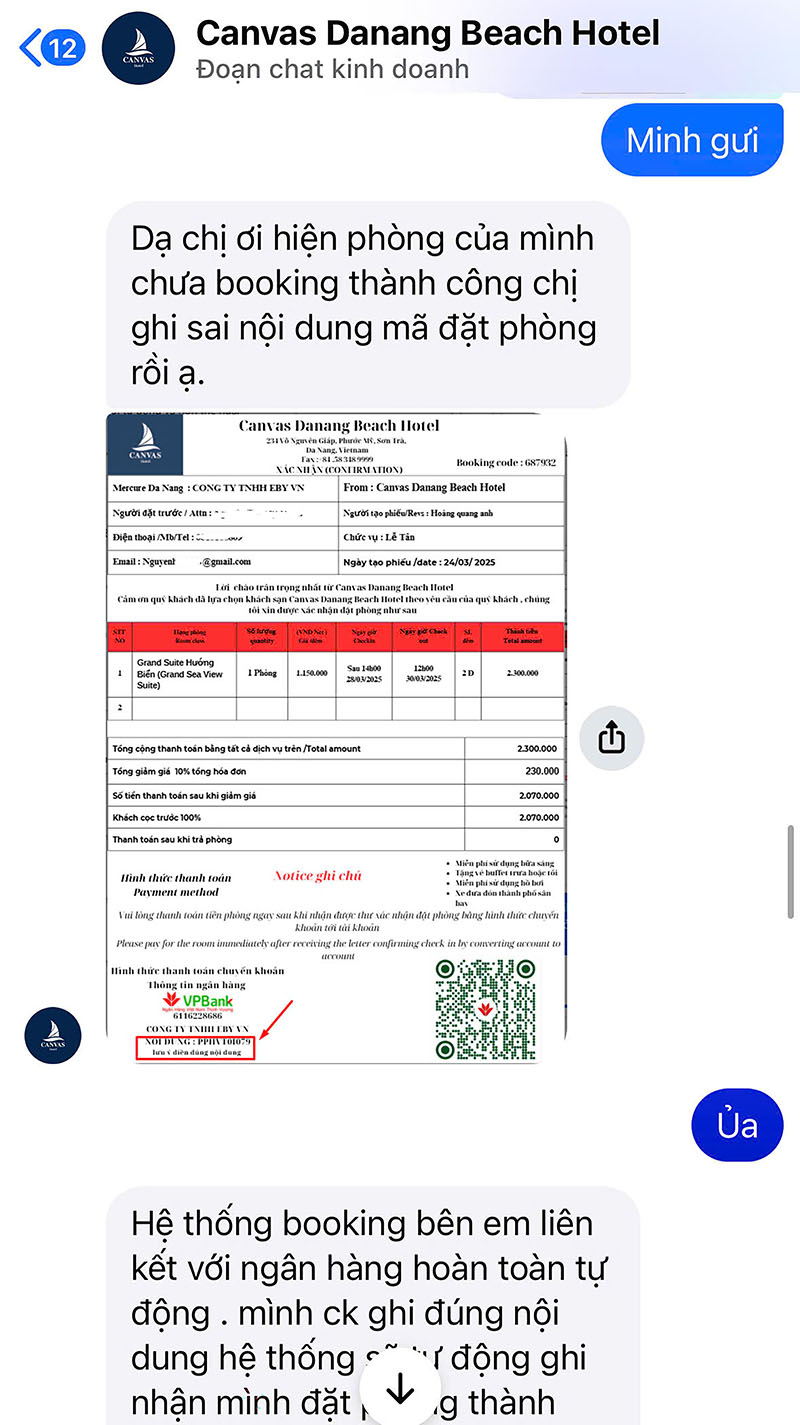 |
To protect their rights and avoid being "trapped" by scammers, many people choose to book rooms through reputable apps. However, if they cancel their rooms through the app, it will take more time, so many customers still book directly with hotels. "Some of the "secrets" of tourists when booking rooms are to join local tourism community pages to consult, learn; check, compare and verify information from many reputable sources. If possible, transferring money to a business account will be safer, especially when the business is electronically identified," said Mr. Bui Xuan Thoan, a tourism worker in Dong Hoi City, administrator of the Quang Binh Review group.
It is easy to see that because the amount of money lost is not large, many people ignore it and do not report it to the police. To avoid losses and help prevent fraud, in addition to finding information, choosing reputable channels to book rooms, being wary of "tricks" to book rooms at cheap prices, with too many incentives..., when "trapped" by scammers, people need to proactively report to the police.
In addition, the authorities need to strengthen the inspection and supervision of websites and online booking applications; require travel companies and hotels to provide clear information about business licenses and services; and step up propaganda on mass media to keep people vigilant. Hotels and tourist establishments need to proactively post official information on social networking platforms and official fanpages of their establishments and businesses so that tourists know and contact them, and promptly report violations by impostors to the authorities instead of just receiving feedback from defrauded customers and... leaving it at that.
Ngoc Mai
Source: https://www.baoquangbinh.vn/phap-luat/202504/canh-bao-lua-dao-khi-dat-phong-du-lich-truc-tuyen-2225316/


![[Photo] Prime Minister Pham Minh Chinh chairs meeting after US announces reciprocal tariffs](https://vstatic.vietnam.vn/vietnam/resource/IMAGE/2025/4/3/ee90a2786c0a45d7868de039cef4a712)
![[Photo] Special relics at the Vietnam Military History Museum associated with the heroic April 30th](https://vstatic.vietnam.vn/vietnam/resource/IMAGE/2025/4/3/a49d65b17b804e398de42bc2caba8368)
![[Photo] Moment of love: Myanmar people are moved to thank Vietnamese soldiers](https://vstatic.vietnam.vn/vietnam/resource/IMAGE/2025/4/3/9b2e07196eb14aa5aacb1bc9e067ae6f)


![[Photo] General Secretary To Lam receives Japanese Ambassador to Vietnam Ito Naoki](https://vstatic.vietnam.vn/vietnam/resource/IMAGE/2025/4/3/3a5d233bc09d4928ac9bfed97674be98)








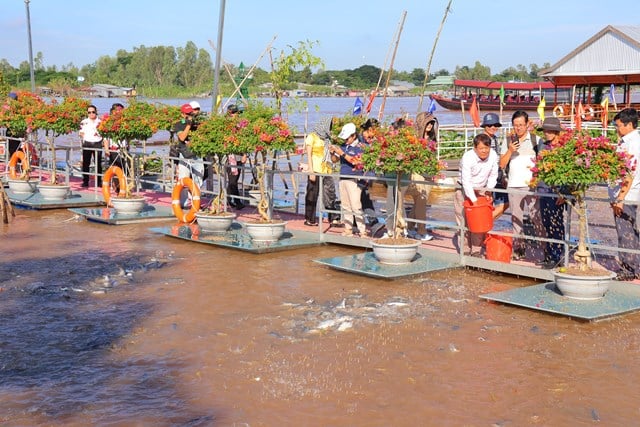










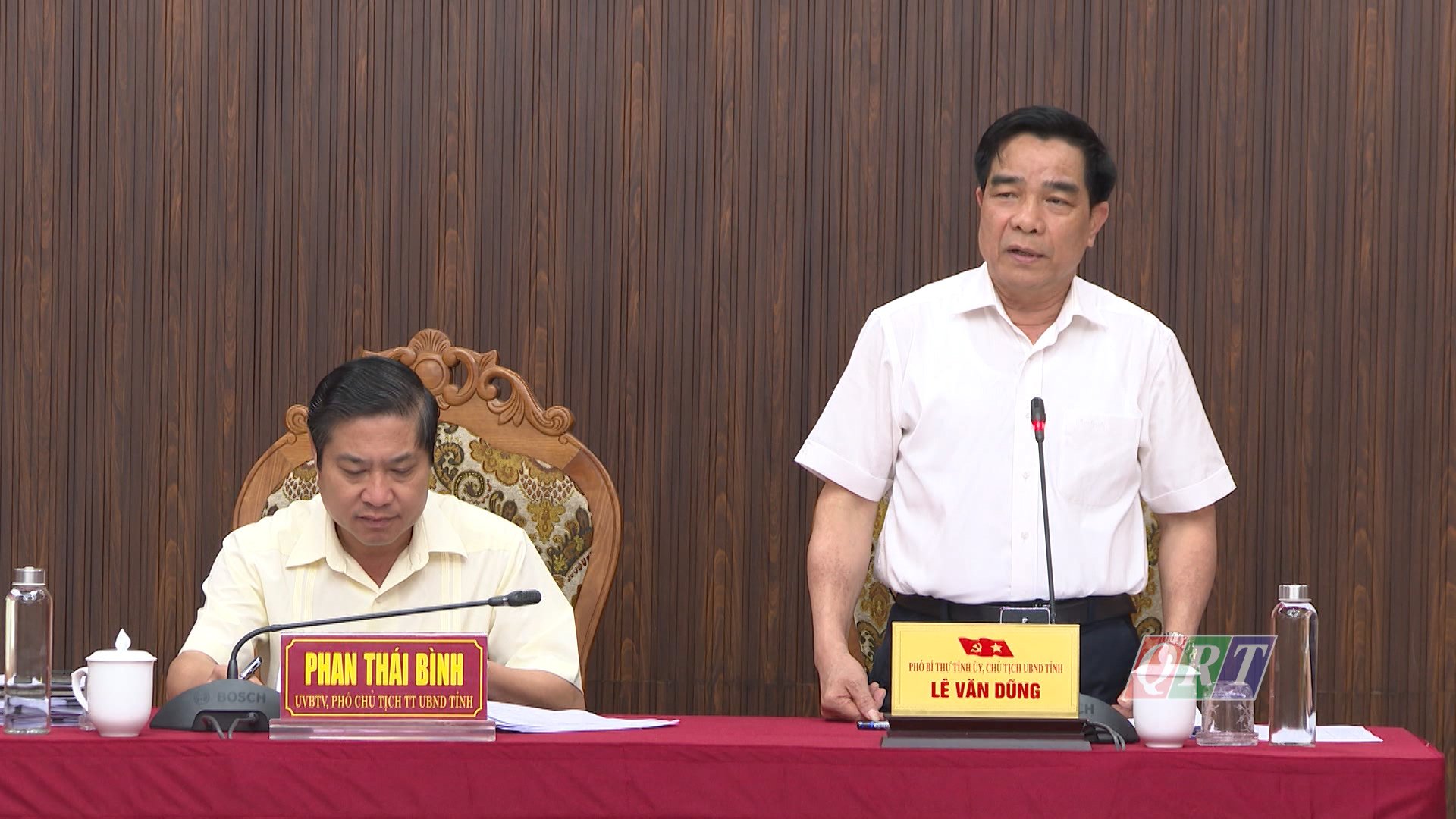


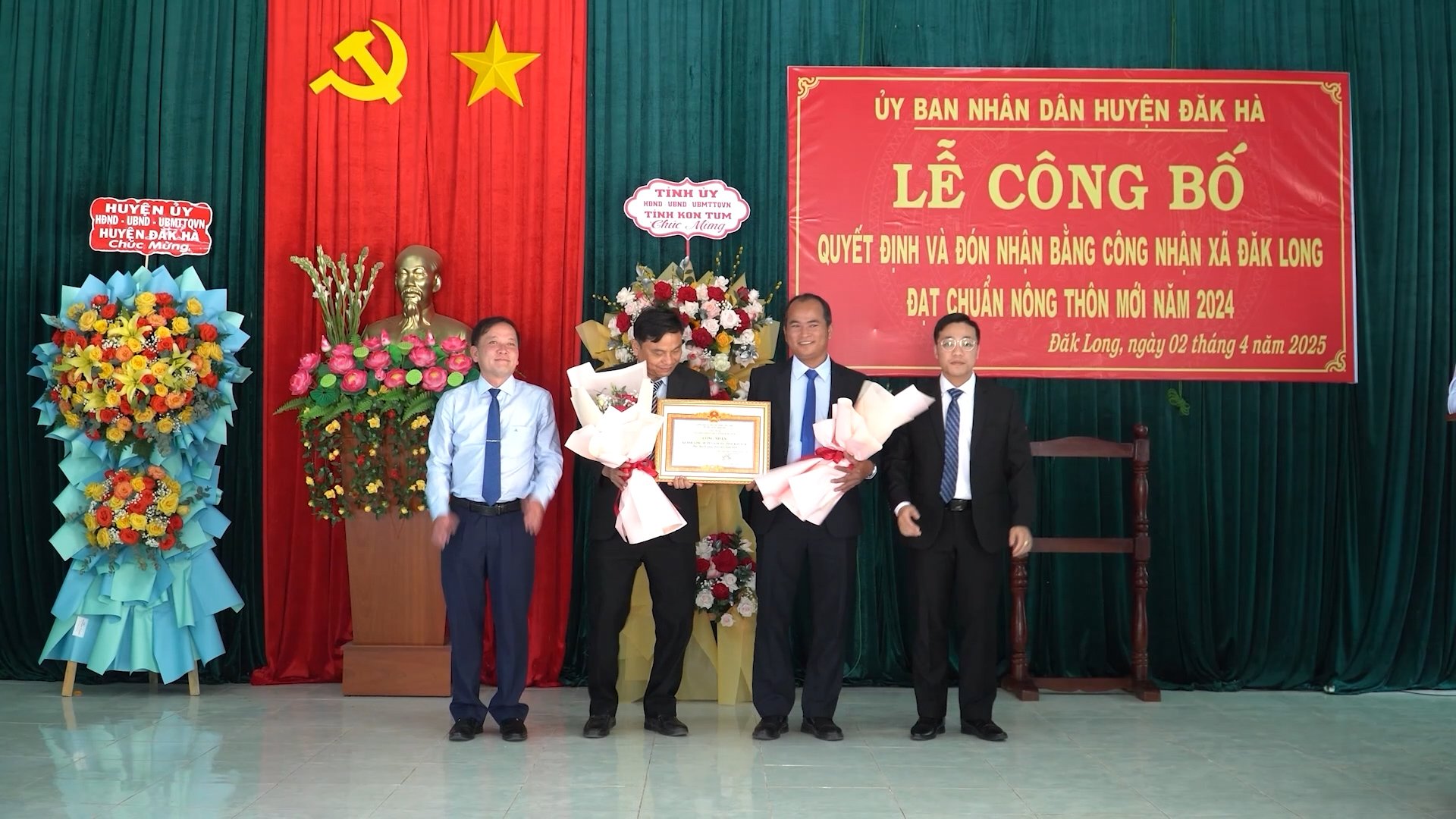










































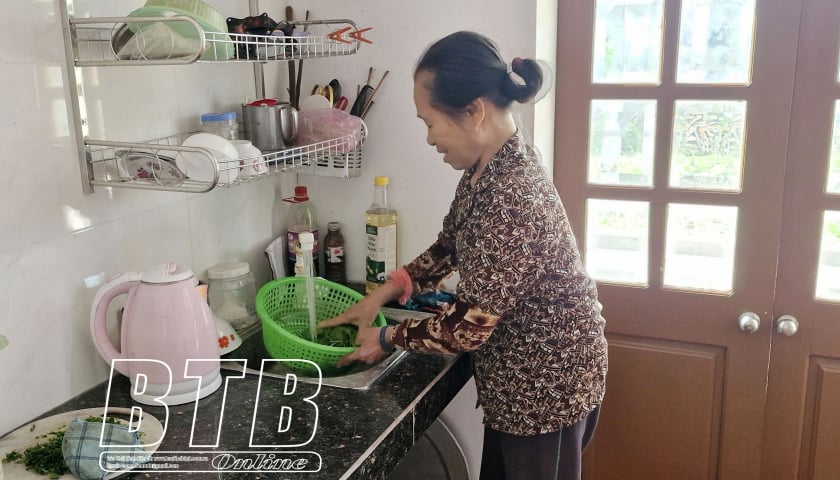





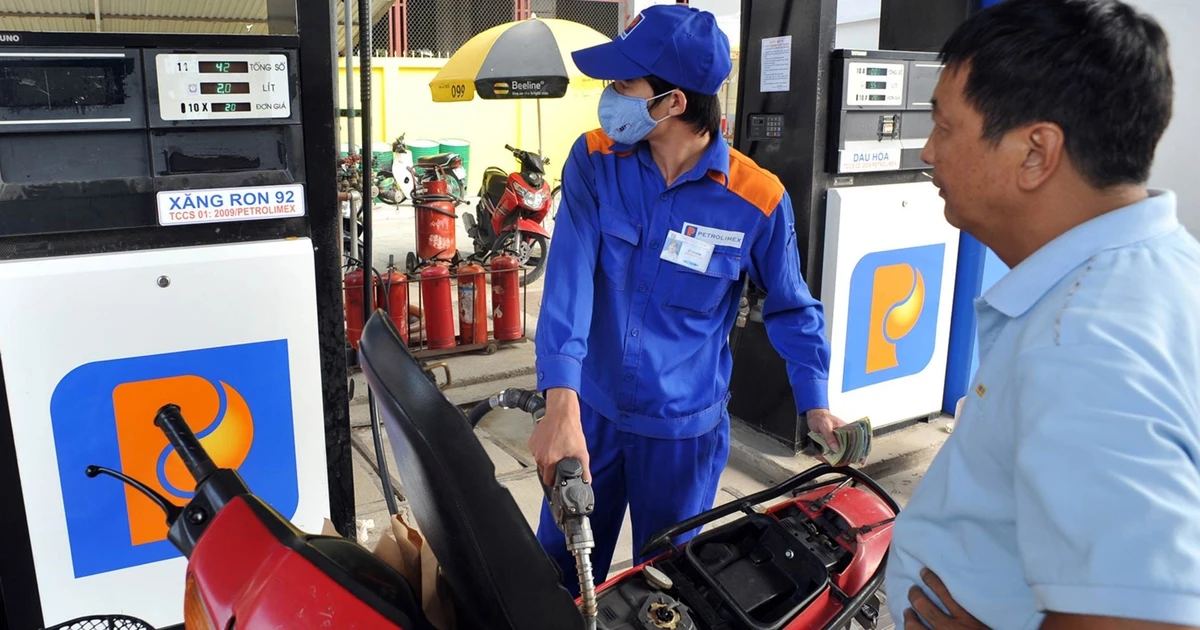












Comment (0)